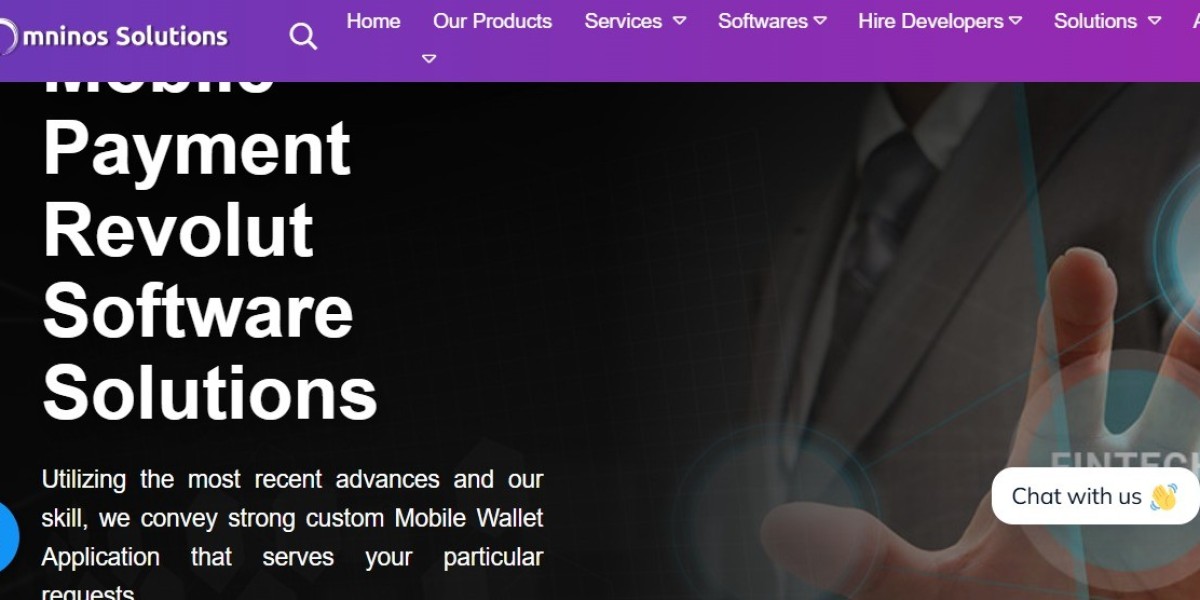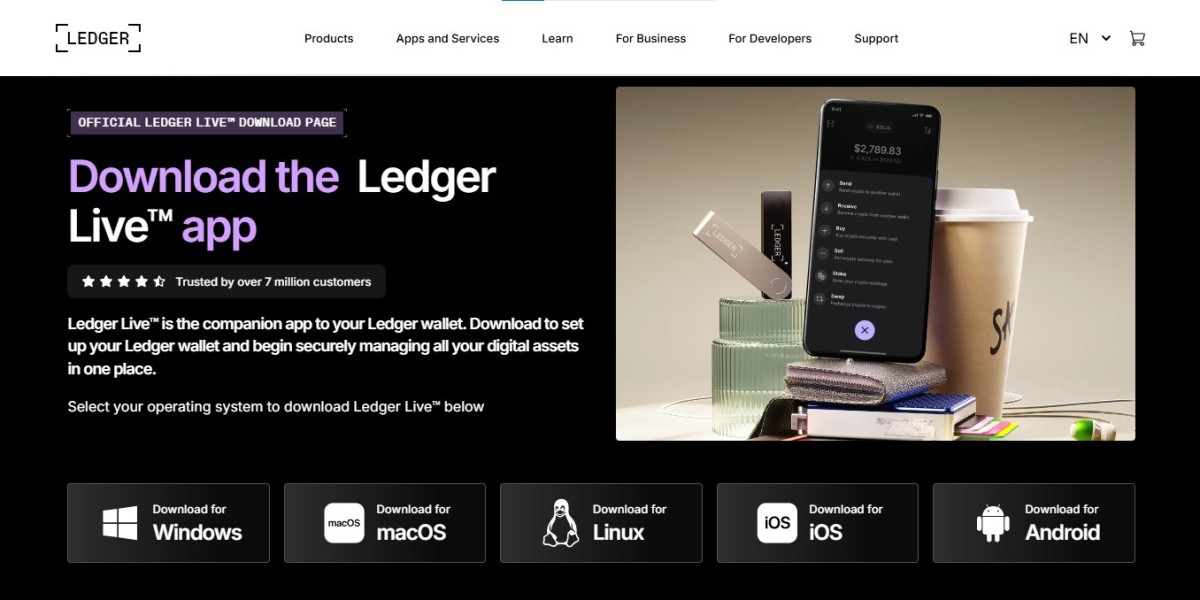Dubai isn’t just a global business hub—it’s a true melting pot of cultures, with over 200 nationalities living, working, and thriving in the city. But when it comes to healthcare, this rich diversity can create challenges. Language barriers, different healthcare expectations, and varying access to services can delay diagnosis and treatment. That’s where AI symptom checkers, developed by cutting-edge software development companies, are stepping in to change the game.
Let’s explore how an app development company in Dubai is building next-gen AI health assistants tailored for the city’s diverse population—and why this could become the future of primary care in the region.
Understanding AI Symptom Checkers and Why They Matter
AI symptom checkers are mobile or web-based tools that analyze user-reported symptoms using artificial intelligence. Think of them as digital triage assistants—ask them what your symptoms mean, and they give you possible conditions, urgency levels, and next steps.
But what makes them particularly valuable in Dubai?
Why Dubai Needs Its Own Version of Symptom Checkers
Dubai’s population is different from most cities:
Over 85% are expatriates.
Multiple languages are spoken daily.
People come from different medical backgrounds and comfort levels with technology.
A one-size-fits-all symptom checker from another country simply won’t cut it here. That’s why a localized, culturally aware, multilingual AI solution—developed by an app development company in Dubai—is more than useful. It’s essential.
How AI Symptom Checkers Work Behind the Scenes
It’s easy to assume these tools are like Google searches with a medical twist—but they’re far more advanced. They use natural language processing, symptom databases, medical algorithms, and even machine learning to understand what you’re experiencing.
Step-by-Step Breakdown
User Input: You describe what you’re feeling—"I have a headache and feel dizzy."
AI Parsing: The system breaks down your words using NLP to understand symptoms and their severity.
Comparison with Medical Data: Your symptoms are compared with millions of cases and medical literature.
Output: You get a list of possible conditions, recommendations (like "visit a doctor within 24 hours"), and next steps.
The smarter the AI, the more accurate and personalized the result.
The Multicultural Challenge: Building for Everyone in Dubai
Here’s the tricky part: How do you create a tool that works just as well for a Filipino nurse, an Indian software engineer, a British retiree, and an Emirati entrepreneur?
Multilingual Interface
A top app development company in Dubai knows one language isn’t enough. These AI checkers are being built with Arabic, English, Urdu, Tagalog, Hindi, and more in mind. Not just translation—cultural nuance is included too.
Cultural Medical Biases
Different cultures describe symptoms differently. Someone from South Asia might say “burning in my stomach” while someone from Europe might say “acid reflux.” The AI needs to understand both.
Dubai-based developers are embedding this multicultural sensitivity into the algorithms themselves. That’s a level of customization that only local software development companies can achieve.
Use Cases: Who’s Benefiting from These Apps?
AI symptom checkers aren’t just futuristic experiments—they’re being used by thousands across Dubai. Here’s how they help different groups:
1. Expats Who Prefer Self-Diagnosis First
Not everyone wants to rush to a clinic. With health insurance complexities or language gaps, many prefer to first “check” if their symptom is serious. These AI tools offer that safe first step.
2. Busy Professionals
Dubai’s corporate workforce is always on the go. AI checkers save them time and provide 24/7 access to health insights—no appointment needed.
3. Domestic Helpers and Labor Workers
Some of the most vulnerable populations benefit the most. With simplified UI and multilingual support, even users with basic literacy skills can get guided help, thanks to mobile-first design.
How a Leading App Development Company in Dubai is Driving This Innovation
Let’s take a look behind the curtain.
One standout app development company in Dubai is making waves with its AI-powered healthcare apps. Here’s how they’re doing it:
AI + Human-Centered Design
They combine clinical AI expertise with UI/UX teams who understand how different nationalities think and navigate apps. For example:
Color schemes that work across cultures.
Icons and illustrations instead of heavy text.
Voice-enabled symptom input for those who can’t type fluently.
Integration with Local Healthcare Providers
The best AI checkers don’t just stop at giving advice—they connect users to doctors, telehealth services, and emergency hotlines in Dubai.
This app development company in Dubai has built partnerships with hospitals and clinics, making the transition from app to real care seamless.
The Role of Software Development Companies in Building Reliable Medical AI
This isn’t just about cool features. When it comes to health, lives are on the line. Accuracy and data security are non-negotiable.
Regulatory Compliance and Data Privacy
Dubai follows strict healthcare regulations, including compliance with UAE data privacy laws. Top software development companies work closely with the Dubai Health Authority (DHA) to ensure:
Patient data is encrypted.
No third-party data leaks.
The app is medically reviewed and approved.
Constant Learning: The AI Gets Smarter
One reason local developers are so critical? They constantly retrain the AI based on real feedback from Dubai users. What worked in London or Los Angeles may not work here.
That’s what makes Dubai-born apps smarter for Dubai residents.
AI Symptom Checkers vs. Traditional Telemedicine
You might wonder: If I already have telemedicine, why do I need an AI symptom checker?
Here’s the difference:
| Feature | AI Symptom Checker | Telemedicine |
|---|---|---|
| Speed | Instant responses | Wait for doctor availability |
| Cost | Usually free | Often paid or insurance-based |
| Convenience | 24/7, no appointments | Scheduled interactions |
| Scope | Initial screening | Full consultation |
They’re not competitors. In fact, symptom checkers often act as the first step before a user decides whether they need a doctor or not.
What the Future Holds: Voice, Vision, and Virtual Care
The journey has just begun.
Voice-Based AI Checkers
Soon, you’ll simply talk to your app in your native language and get medical insights. No typing. This is huge for older users and those with limited literacy.
AI + Wearables
Imagine an app that knows your heart rate, temperature, and sleep history—thanks to your smartwatch. Combined with symptoms, AI checkers will offer even more accurate predictions.
Virtual Doctors in the App
Some software development companies are testing virtual avatar doctors that chat with you like a human. Friendly, empathetic, and always available—AI meets bedside manner.
Why Dubai Is the Perfect Testbed for AI Symptom Checkers
Few cities in the world combine:
Multicultural diversity
Tech-savvy residents
Government support for innovation
…like Dubai does. The city is actively pushing AI through initiatives like Dubai Health Strategy 2025 and Smart Dubai.
An app development company in Dubai doesn’t just serve the UAE—it builds models that can be replicated globally. The Dubai experience is becoming the prototype for multicultural AI health tech.
Final Thoughts: A Healthier Dubai, One Tap at a Time
Dubai’s population is unique—and so are its healthcare needs. AI symptom checkers, designed locally by a visionary app development company in Dubai, are reshaping how residents manage their health. Fast, smart, multilingual, and culturally aware, these apps are turning smartphones into personal health assistants.
This isn’t just about innovation. It’s about accessibility, inclusivity, and empowerment.
And as software development companies continue to collaborate with healthcare experts, Dubai might just lead the way in how the world handles digital health for diverse populations.








